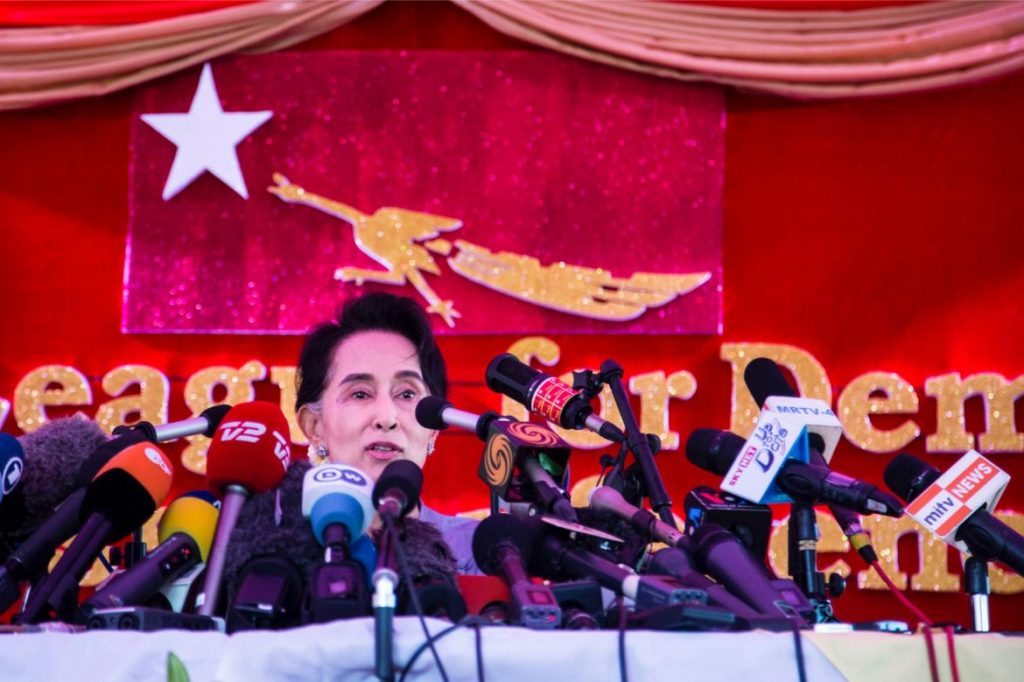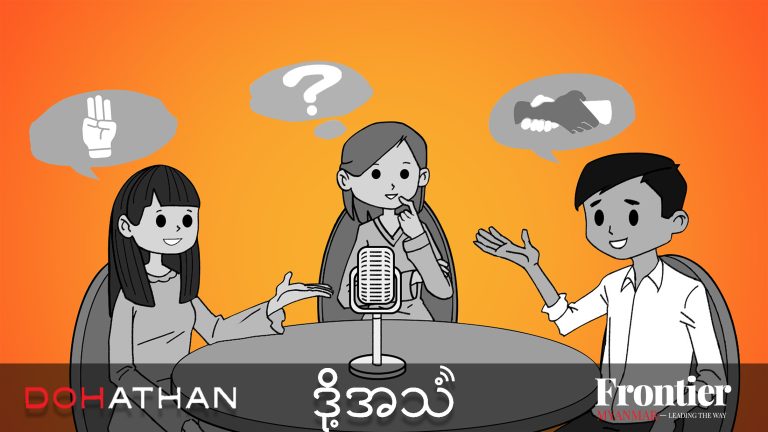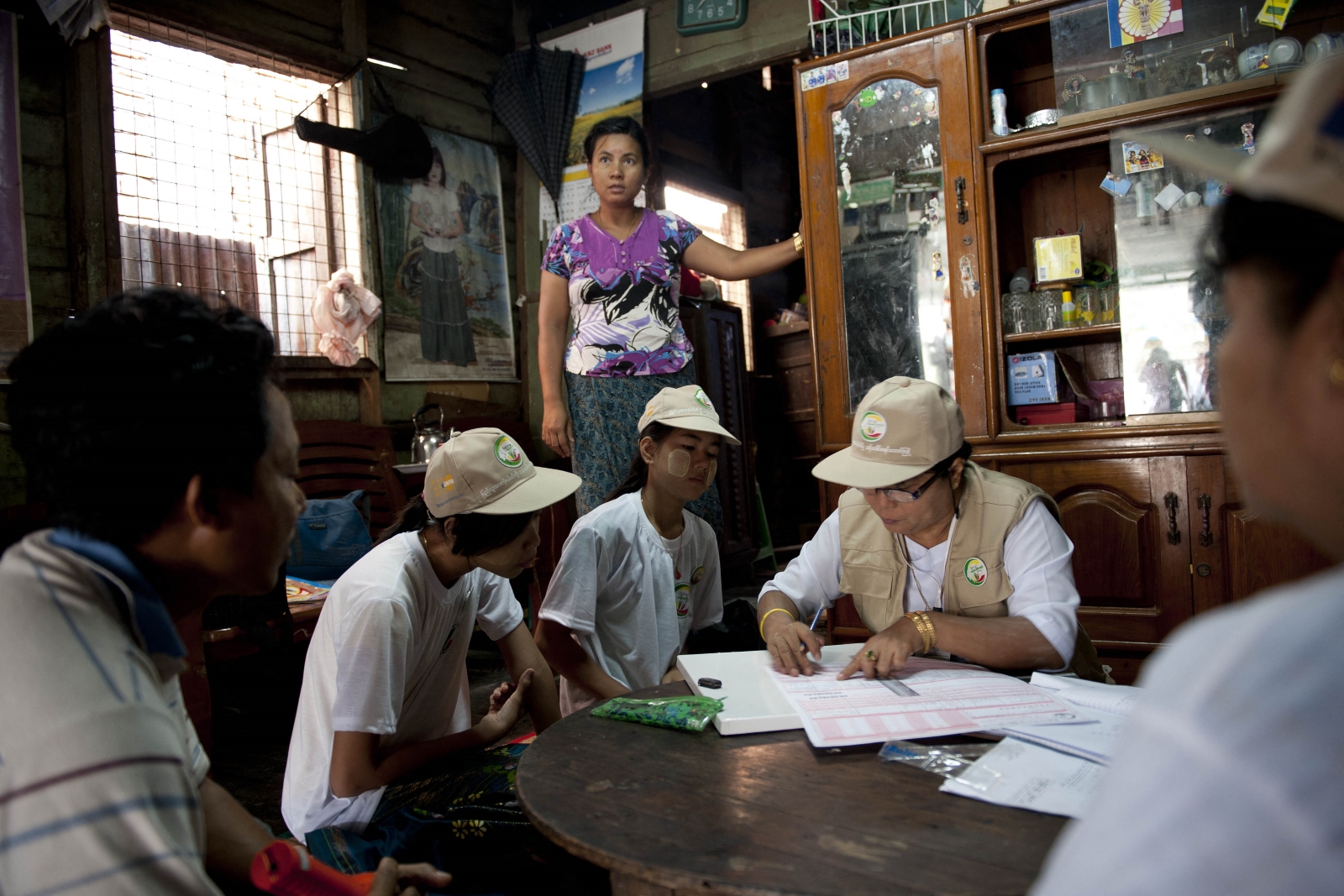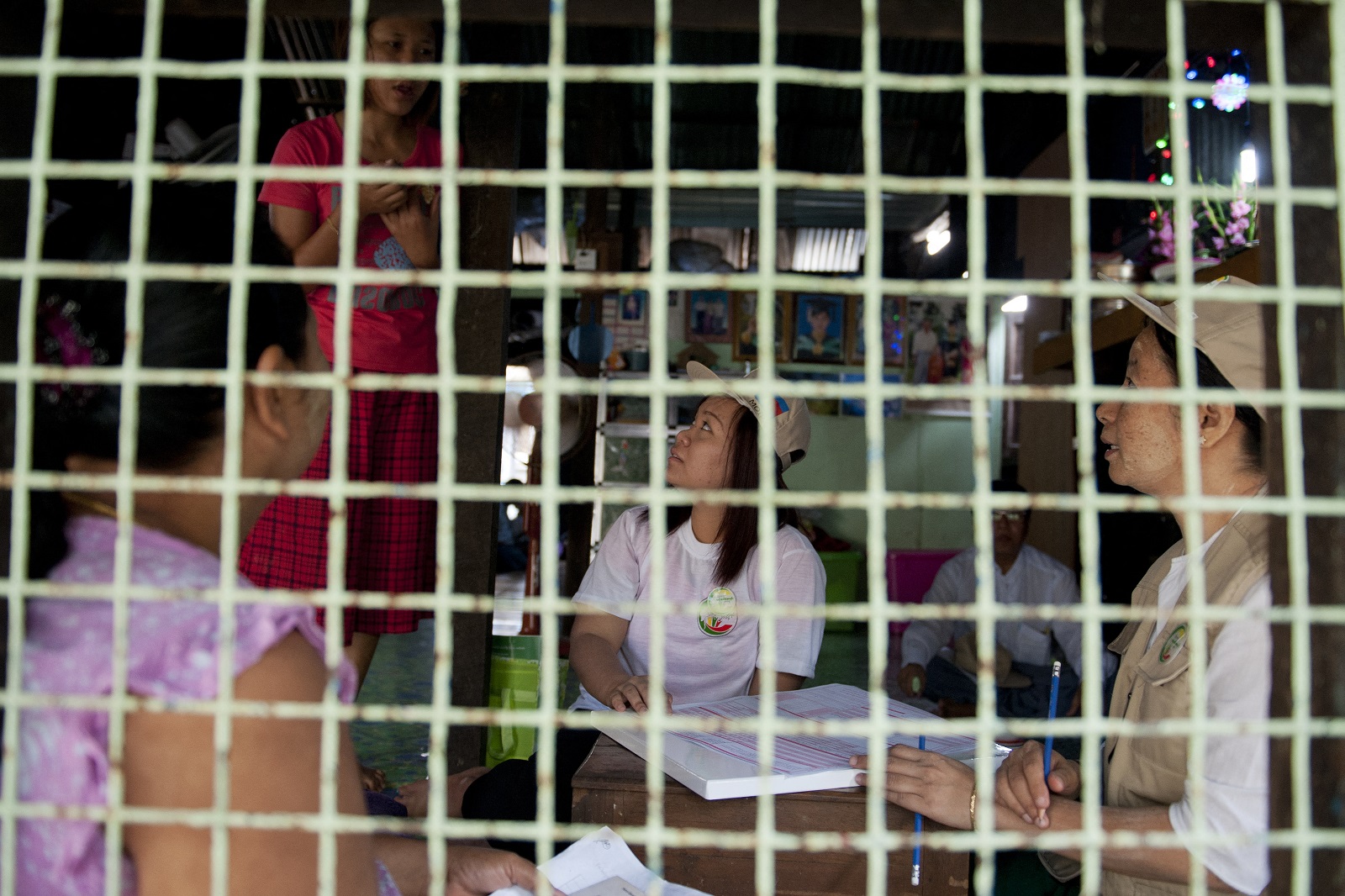It was no small feat at the Panglong Conference in February 1947 when Bogyoke Aung San united the country’s ethnic minorities behind his vision of a federal Burma. In one of the most ethnically diverse countries in the world he convinced them to subscribe to the concept of one Myanmar family, comprised of several constituent elements.
Even though Aung San was only 32 at the time, he showed a capacity for leadership beyond his years.
Aung San formulated a far-reaching vision on the fabric of his country and his compatriots chose to follow him on the path to an independent and peaceful Myanmar. Sadly, the Bogyoke was assassinated six months before the country gained the independence for which he fought so hard. Aung San had the ability to bring people together and unite them and after his death there was no one to uphold the Panglong Agreement. Myanmar descended into civil war.
aung san’s insights are relevant to this day. Every ethnic leader and aspiring politician in post-conflict Myanmar should re-read his speeches and comments on federalism, a concept with many faces that few in Myanmar fully grasp.
What about his daughter?
Support more independent journalism like this. Sign up to be a Frontier member.
Daw Aung San Suu Kyi, the victor of the November 8 elections, entered the political arena in the summer of 1988 on the legacy of her father. The Shwedagon Pagoda, where Aung San gave his most famous talks, was the venue of her first speech, on August 26, 1988. In the years that followed in every NLD office and at every political rally, images of Aung San adorned cars, walls and t-shirts.
Daw Aung San Suu Kyi is undoubtedly eloquent and charismatic. She captivates many. But is she a visionary leader, as her father was?
Visionary leaders have the ability to help others see a better future and the path leading towards it. they are not controlling or repressive and are admired by independently-minded people acting on their own free will.
What is the vision of Daw Aung San Suu Kyi? We don’t know yet, as she has been unwilling to share any of her plans during or after the election campaign. In a recent interview with the Washington Post she said that the public would have to wait until her government assumes power. This is far removed from democratic practice.
Nonetheless, the Myanmar people voted for her. Not because of any particular policy, but because they were attracted to the promise of change offered by the Bogyoke’s daughter. they also voted against the Union Solidarity and Development Party out of intense dislike for what its leaders had represented during the dark years of the junta, when they were still wearing khaki uniforms.
Leaders set an agenda instead of following public opinion. In not speaking out on the plight of the Rohingya during and after the sectarian violence in Rakhine State in 2012, and subsequent crises there, the Nobel peace laureate exhibited a lack of moral leadership. She was bowing to dark sentiments. When the NLD did not field a single Muslim candidate in the elections, even though some of its founders were Muslims, it provided further evidence that the Lady favoured political opportunism over human rights.
Invoking human rights principles was in her interests when it was helping to build a power base with the aid of the international community, but once the dark underbelly of domestic politics came into play she decided to follow instead of lead.
Another hallmark of admired leaders is that people follow them, instead of being controlled by them. In that regard it is interesting that candidates with a strong political profile were rejected by the Lady in the run-up to the elections and that NLD election candidates and MPs-elect were subject to a gag order. Daw Aung San Suu Kyi has also made clear that she will be “above” the president of an NLD government, who will be a mere puppet.
It remains to be seen if the NLD’s goal — winning government — is the party’s vision or if it has some substance to it. It is much too early to cast judgement, and anyway, that is for historians, but it is fair to say that the Lady has yet to pass the litmus test of leadership.







